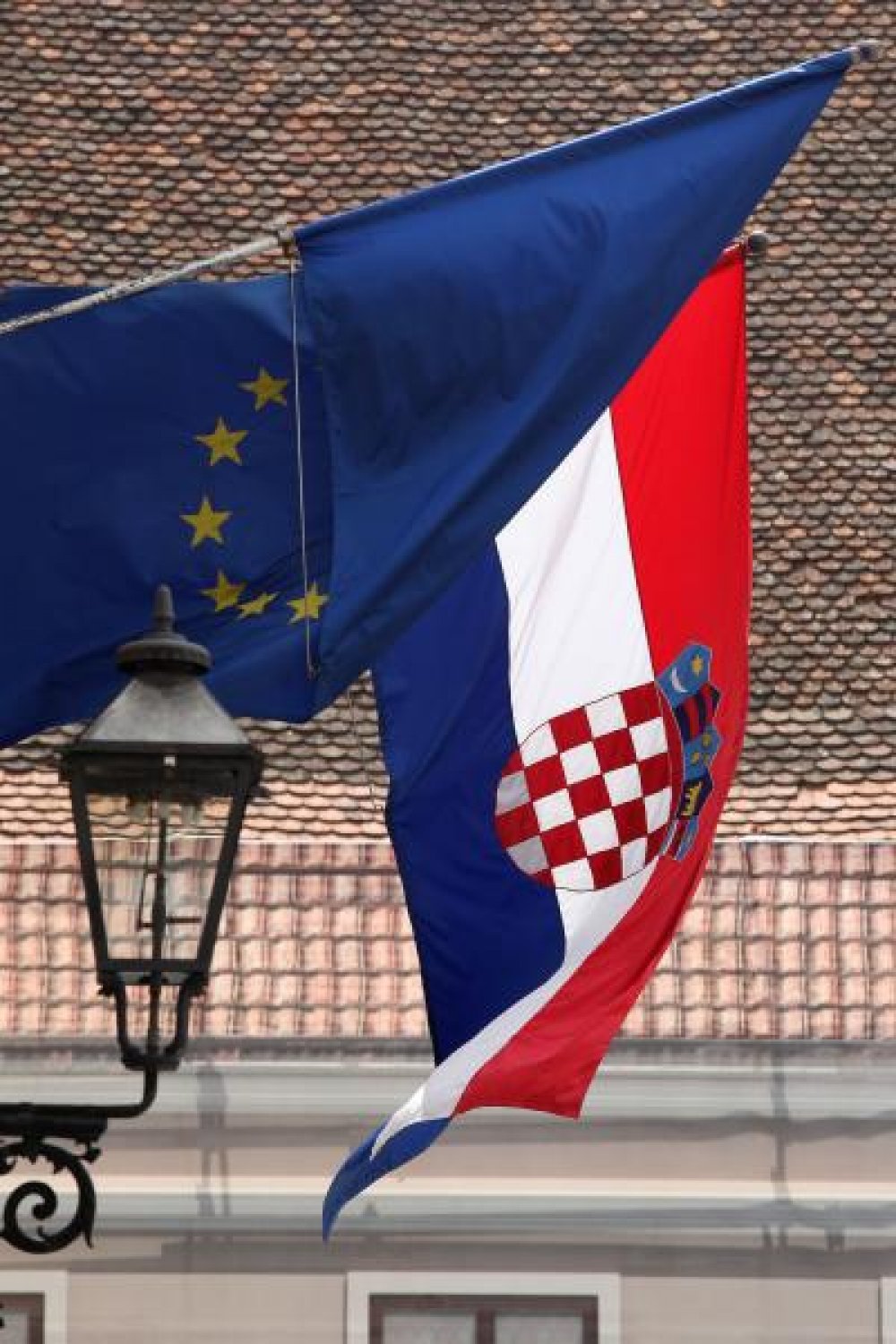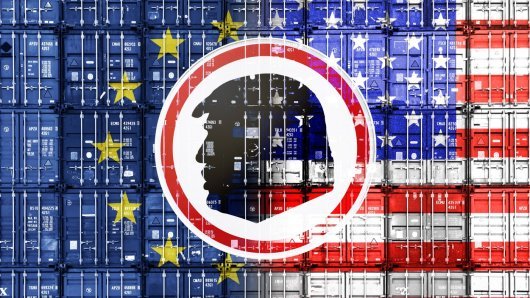News agencies on Sunday gave extensive coverage to Croatia's EU entry vote in which 4.5 million citizens have the right to decide if Croatia will join the EU, noting that this was only the second referendum in the country's history, after the referendum on independence in May 1991.
Reuters says that Croatian officials have made it clear that there is no better option for Croatia than joining the EU, despite turmoil in the 27-member bloc.
Supporters say a 'No' vote will leave Croatia stuck with its struggling fellow ex-Yugoslav republics in the western Balkans, which was ravaged by war in the 1990s.
Reuters also reports about the fears of some Croatians that their country could lose its sovereignty by joining the EU, after only two decades of independence, but it also carries President Ivo Josipovic's statement that Croatia would lose neither its sovereignty nor its natural resources.
Reuters also says that the 'Yes' camp this week won the endorsement of Croatia's powerful Roman Catholic church, as well as of Croatian army general Ante Gotovina who it says is standing trial for war crimes in The Hague but is viewed by many Croats as a national hero. The agency quotes Gotovina as saying from his prison cell that he will vote for EU entry because "We belong there".
Agence France-Presse says that Croatian political officials, unanimously pro-European, believe that voting in favour of EU integration is the most important decision in the country since it gained independence in the 1991-1995 war against Serb rebels, which claimed the lives of 20,000 people.
The French news agency carries President Josipovic's statement that today is a big day for Croatia and that he is looking forward to the whole of Europe becoming his home. AFP says that Croatia, if most voters decide in favour of EU entry, will become the second former Yugoslav republic, after Slovenia, to join the EU.
The BBC says that surveys suggest that 60 percent of Croatians will vote 'Yes' in the referendum and that all the major political parties are in that camp, but notes that enthusiasm about EU entry has waned in relation to the situation a few years ago.
The BBC, too, reports about Gotovina's pro-EU message, saying that it comes as a surprise considering the fact that his "flight from a war crimes indictment by The Hague - and Zagreb's perceived half-heartedness in tracking him and other war crimes suspects down - delayed Croatia's EU bid."
The Slovenian news agency STA reports that Croatia's EU membership has been one of the country's strategic goals since it gained independence.
The Austrian news agency APA, too, reports about the referendum, quoting Foreign and European Affairs Minister Vesna Pusic as saying that in case Croatians voted 'No', the referendum would be repeated in six months.
The Serbian news agency Tanjug quotes a survey by Ipsos Puls agency showing that in case of a moderate turnout, 61 percent of voters would vote for EU entry.
Another Serbian news agency, Beta, said among other things that 35,000 Croatian citizens living in Serbia have the right to vote in the referendum.
Both Serbian agencies recall Croatia's first referendum in 1991 when "Croatia opted to separate from the then Socialist Federal Republic of Yugoslavia and become an independent country."
































